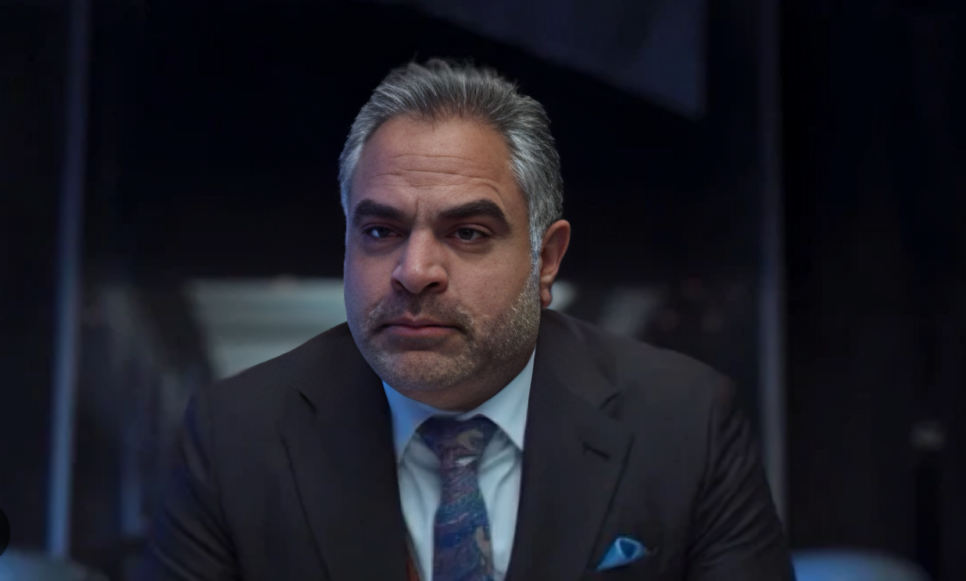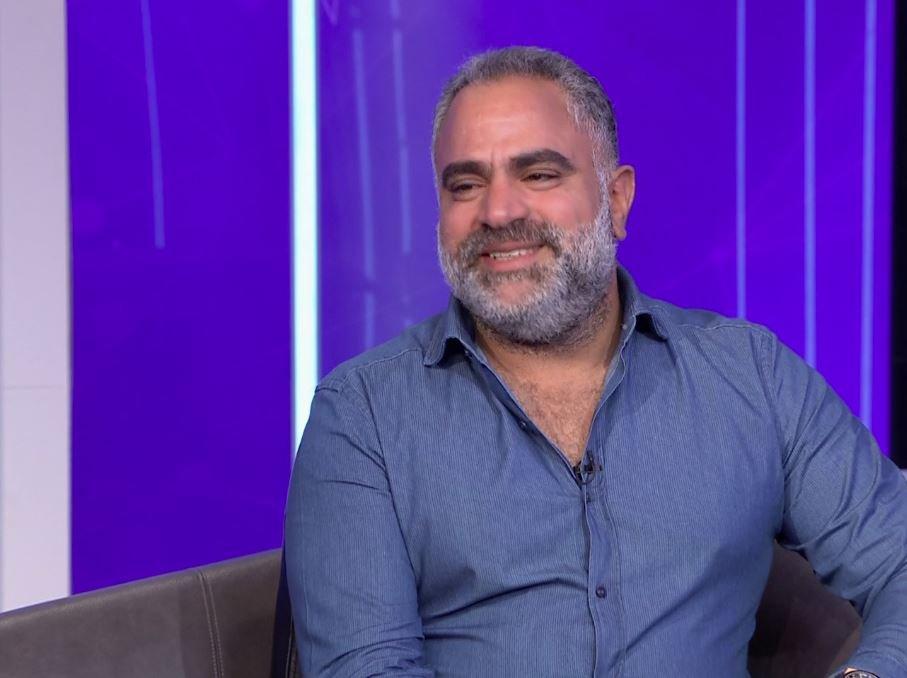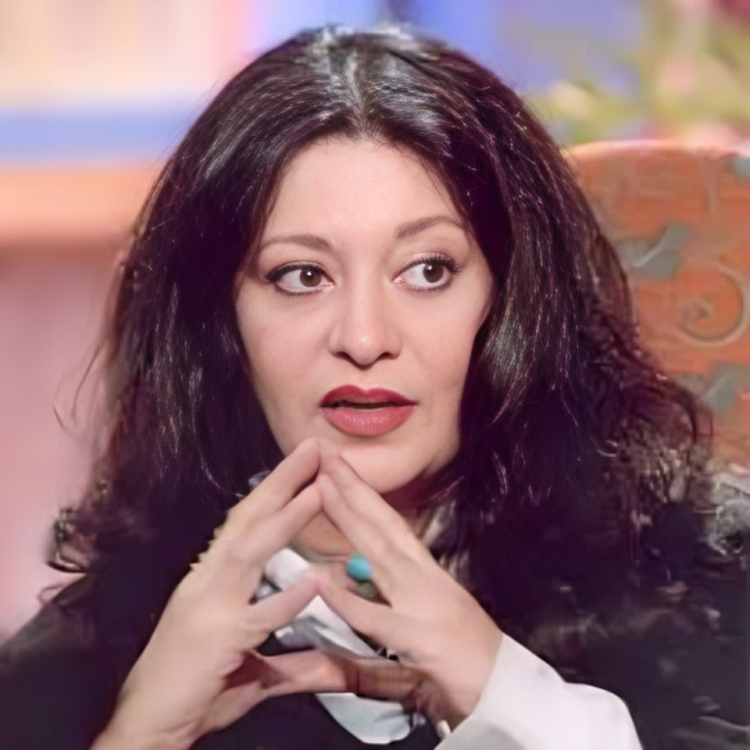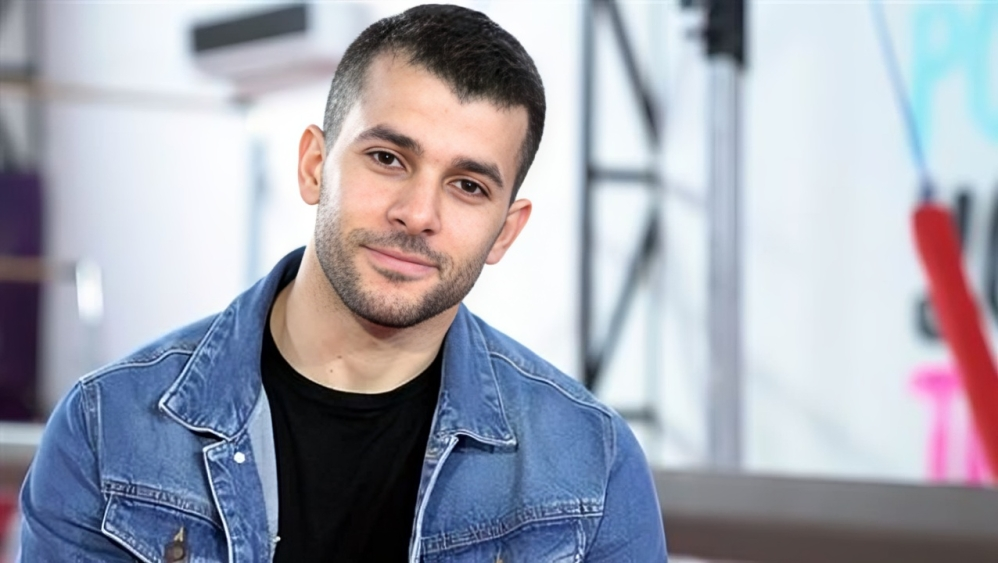محمد شاهين يفتح قلبه: الاكتئاب كاد يدمر حياتي بسبب لام شمسية
Mohamed Shahin reveals his psychological struggles after portraying a child molester in the series Lam Shamsia, stating: “The role caused me severe depression.”

In one of the season’s most powerful statements, actor Mohamed Shahin revealed shocking and emotional details about his psychological struggles after portraying the character “Wissam” in the series Lam Shamsia, which aired during Ramadan 2025 and achieved massive success from its first moments on screen. During a seminar held at MSA University, Shahin discussed the deep psychological toll the complex role had taken on him, confirming that it affected him on a deeply personal level and even pushed him into a severe state of depression—something he never anticipated before filming began. Shahin stated, “I saw life in black, literally… the character got stuck inside me in a terrifying way, and I spent a long time unable to shake it off. Many times, I would go home feeling lost and suffocated.” He explained that this transformation wasn’t accidental but rather a natural result of fully immersing himself into the psyche of a child molester—a role he portrayed with boldness and realism in a rare acting challenge aimed at delivering a socially sensitive message.
Shahin stated, “I saw life in black, literally… the character got stuck inside me in a terrifying way, and I spent a long time unable to shake it off. Many times, I would go home feeling lost and suffocated.” He explained that this transformation wasn’t accidental but rather a natural result of fully immersing himself into the psyche of a child molester—a role he portrayed with boldness and realism in a rare acting challenge aimed at delivering a socially sensitive message.
Known for his exceptional ability to portray layered characters, Shahin did not hesitate to take on the role, despite its psychological weight and the potential backlash. He viewed it as an opportunity to present a unique character that exposes the unspoken and raises urgent awareness about child abuse. Addressing some criticism he received from viewers after the show aired, he said, “I wish people could differentiate between the actor and the character. I wasn’t Wissam—I portrayed Wissam to expose him and reveal the truth to society.” He added that his preparation didn’t rely solely on memorizing lines but involved deep psychological analysis and understanding the motives behind the character’s actions.
The series, starring a powerful cast led by Amina Khalil and written by Mariam Naoum with direction by Karim El Shenawy, tackled a critical issue that remains one of the most serious challenges in Arab societies: child abuse. Delivered through a tightly wound narrative full of suspense and emotional depth, the show also featured Ahmed El Sakka, Yousra El Lozy, Ali El Baily, Asil Omran, Tharaa Goubail, Safaa El Toukhi, and Yasmine El Abd, with a special appearance by Ali Kassab that added a crucial dramatic layer to the story.
From the first episode, which aired mid-Ramadan, the show sparked massive debate across social media and among critics, who praised its courage and narrative depth. Shahin’s character “Wissam” became the dramatic centerpiece, representing the core of the show’s psychological and social conflict. Audiences found themselves torn between their revulsion at the character’s actions and their admiration for the authenticity of Shahin’s performance. Despite the character’s harshness, Shahin managed to deliver a performance so honest and raw that it deeply moved audiences and forced many to rethink how society handles the trauma of victims of such crimes.
The show did not simply portray the issue from a conventional dramatic lens—it unveiled hidden dimensions of the lives of children suffering abuse and bullying within schools and at home. It highlighted the long-term psychological consequences these children face and the struggles families endure trying to protect them amid societal pressures and a lack of awareness or effective mental health support. The messages in Lam Shamsia were tough, but they were necessary, proving that the series wasn’t just another television drama—it was a resounding wake-up call for every household. The series set a powerful example of how drama can be a tool for resistance and a platform for opening difficult conversations, especially on issues that are too often ignored.
As for Mohamed Shahin, this role proved that he is not just a talented actor but an artist with a true message—one he’s willing to pay for with his own mental well-being if needed. His suffering after filming wasn’t incidental but rather a living testament to the sincerity and depth he brought to the character. This role will remain a turning point in his artistic journey and a mirror reflecting the bravery and authenticity of the experience.
“Wissam” may not have been a beloved character—he may have stirred anger and disgust—but he undoubtedly forced viewers to confront a harsh reality and pause to ask a crucial question: How many “Wissams” hide behind false masks in our daily lives? And how many children still await someone to rescue them from their silence?
This kind of role is not easily forgotten—not by the audience, nor by the actor himself. With his bold step in Lam Shamsia, Mohamed Shahin redefined what it means to take on a heroic role in art, proving that the most brutal characters often deliver the strongest calls for change.
شذى حسون تؤكد تأثر الفنانين بالأوضاع السياسية، وتشير إلى أن الحفلات هي مصدر الرزق الأساسي.
فريدة سيف النصر تطالب بوقف ظهور الفنانين في بث مباشر عبر "تيك توك"، وتثير الجدل مجددًا بسبب تصريحاتها حول الحجاب وسن الستين.
رامز أمير يوضح سبب رفضه ظهور زوجته في الإعلام والسوشيال ميديا مؤكدًا احترامه للخصوصية.
ريم البارودي تكشف سر غيابها عن التمثيل وهجوم حاد على الوسط الفني بعد وفاة والدها.




